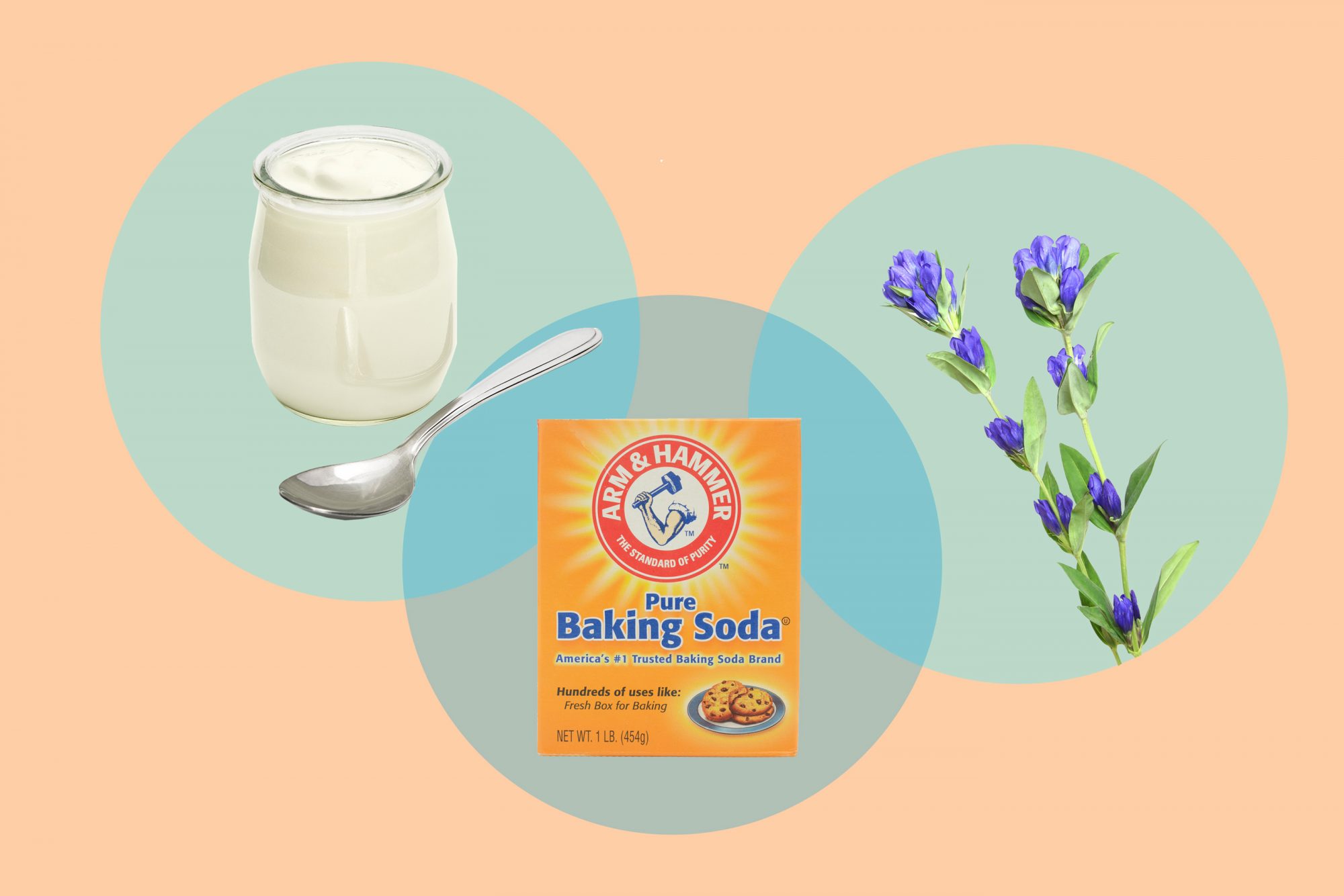
A common yeast infection, thrush is characterized by white patches on the tongue and cheeks. Babies are most susceptible because yeast thrives in warm, wet places (like your little one’s toothless mouth), and her immune system isn't fully developed to fight it off.
An imbalance in the body's yeast balance "can be caused by illness, which lowers our natural defenses, but another common cause of ecologic imbalance is the use of antibiotics," says Miranda Hillard, M.D., pediatrician at Helen DeVos Children’s Hospital. "When we use antibiotics, we kill good bacteria along with the 'bad' bacteria, and this imbalance can make it easier for undesirable species to overgrow."
If you suspect your child has thrush, you should see a pediatrician to confirm the diagnosis. "Thrush is usually treated with prescribed anti-fungal medicine such as Nystatin; it’s a topical treatment placed on Baby’s tongue," says Joe Craig, MD, FAAP Kaiser Permanente pediatrician in Colorado. "Instead of just dropping it on the tongue, parents can use an ear cleaner to gently apply it to baby’s tongue. It’s best used after a feeding, so the breastmilk or formula doesn’t wash away the medicine."
However, if the thrush isn’t severe and doesn’t make your baby uncomfortable, you can probably treat it naturally. The first place to start? Reducing the amount of sugar your little one is consuming. Since Candida albicans (AKA yeast) thrives off of sugar, it makes sense that reducing sugary foods in their diet—once they're on solids, of course—can stave off oral thrush. That includes fruit, as well as refined carbohydrates, added sugars, juice, and artificial sweeteners, which your baby shouldn't be having anyway .
Once you've nixed sugar, you may consider trying one of these home remedies that use products you probably already have in the pantry, but always consult your doctor before trying a home remedy for thrush in infants.
"I’d recommend parents consult a pediatrician and ask them what’s right for baby—it all depends on your personal preference and what you feel is best for your child," explains Dr. Craig. That's because your baby’s immune system is still developing, and some of these remedies may have negative side effects in certain cases. So make sure you run anything you do by a doctor first.
If you get the green light, here are a few home remedies parents turn to for treating for mild thrush in babies:
Salt Water
Not only does salt act like an antiseptic, it may also soothe the symptoms of thrush. Dissolve one-half teaspoon of salt into one cup of warm water. Gently paint the lesions with this saltwater solution using a cotton swab.
Baking Soda
Diluted baking soda (sodium bicarbonate) may also combat the symptoms of thrush. Dissolve one-half teaspoon of baking soda in one cup of warm water, and apply to your child's thrush with a cotton swab. You can also apply the paste on the mother’s nipples before breastfeeding.
Coconut Oil
Thanks to caprylic acid, an ingredient in coconut oil, this slimy substance may help with infant thrush. Apply to your child’s white patches with a cotton swab. However, you should ensure she isn’t allergic to coconut beforehand.
Yogurt
Natural yogurt is chock-full of “healthy” bacteria called probiotics, which can create a balance of yeast in Baby’s mouth. This can effectively stop thrush from spreading. Make sure you feed your child yogurt that’s unflavored and unsweetened—that's because Candida albicans, the bacteria that causes yeast infections, loves sugar. If your little one is too young to eat yogurt, try applying it to affected areas with a cotton swab. You can also search for infant-safe probiotics (acidophilus).
DIY Remedies to Avoid
Some experts rely on gentian violet for its anti-fungal properties—but you should weight the pros against the cons of this natural treatment. "Gentian violet applied to the mucosa once or twice daily is effective," says Dr. Hillard. "However, gentian violet is associated with increased risk of cancer, can stain the infant's lips and clothing, and may cause irritation and ulceration. Given the availability of other effective agents, we generally do not suggest gentian violet."
How to Prevent Recurring Thrush Naturally
In order to prevent reinfection of thrush, parents should sterilize all items placed in the baby's mouth. They should also boil nipples and pacifiers after each use, says Dr. Hillard. "Failure to improve or resolve within two weeks may be related to persistent re-exposure—like from pacifiers or bottle nipples—or infection with an unusual species," she says.
If the mother is breastfeeding her infant, she should be treated for thrush too, or else she might pass the infection back and forth with her baby.
